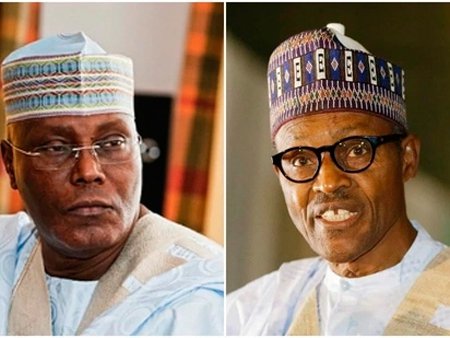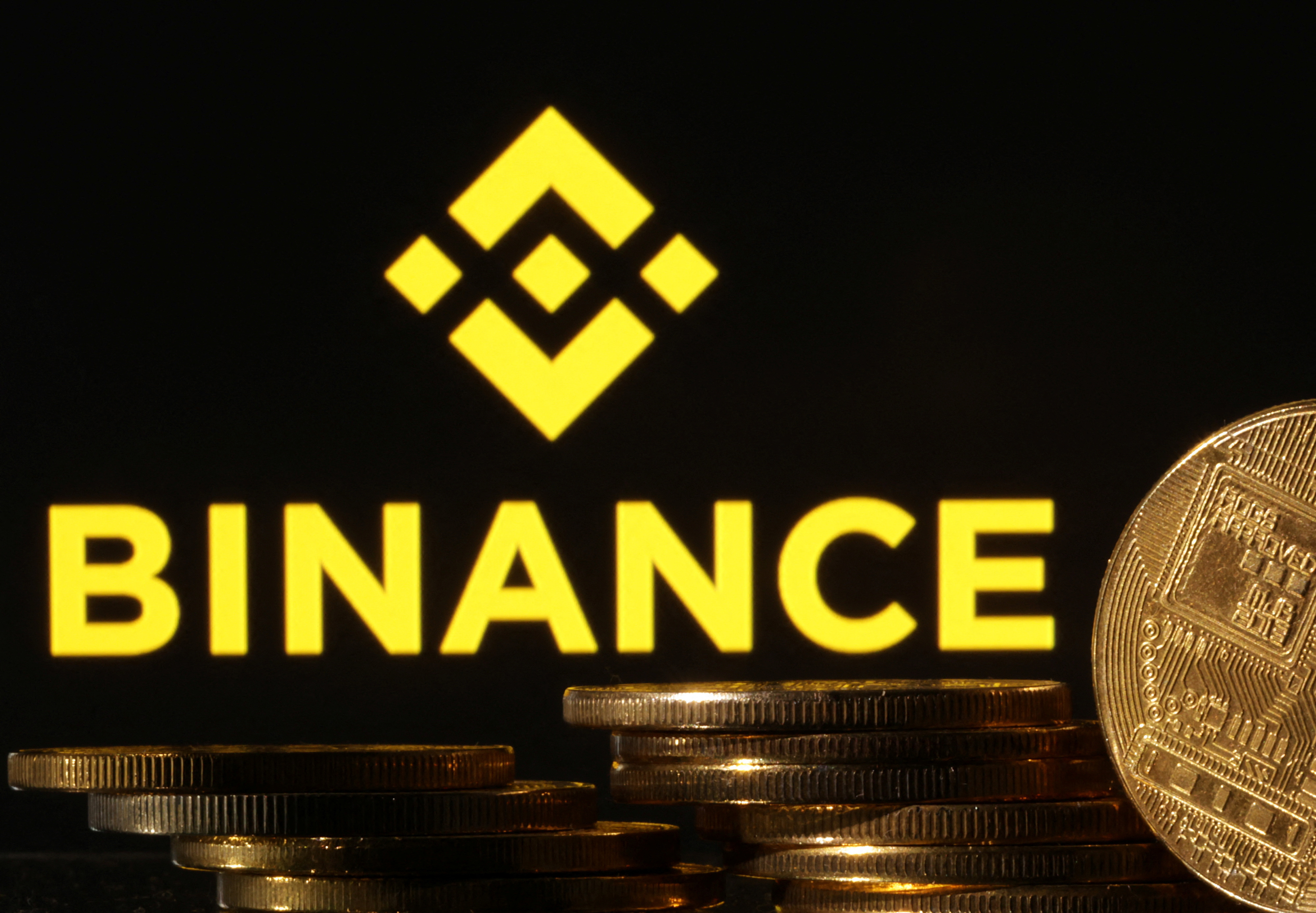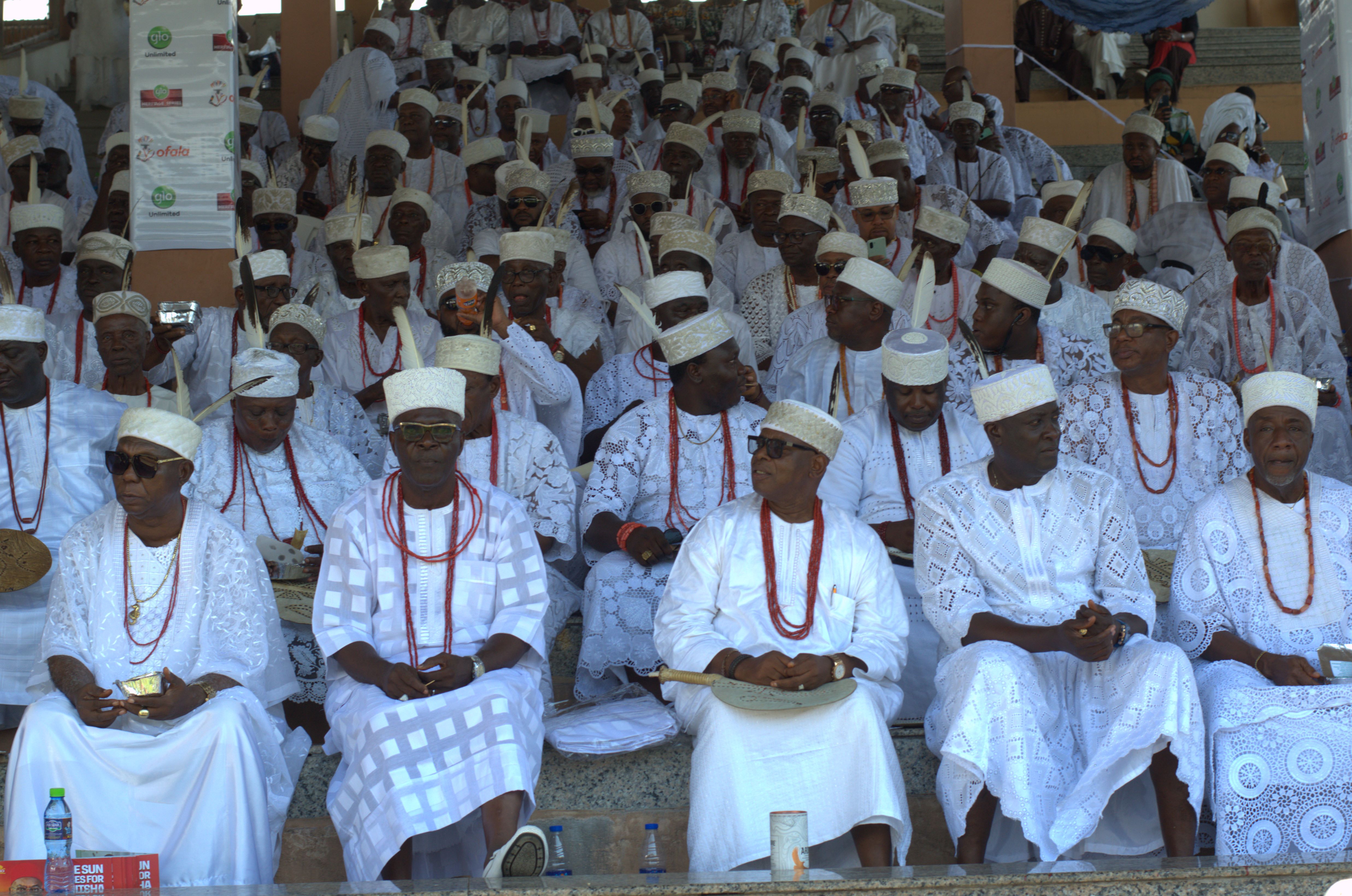By Dele Momodu
Fellow Nigerians, this is usually a festive period when most people look forward to the New Year, with high hopes and great expectations. But not anymore. I don’t know if you have noticed, wherever two or three Nigerians are gathered these days, the subject of discussion is Nigeria’s elections, especially the Presidential election, coming up next February. And many analysts talk with trepidation, out of the fear that the APC government appears desperate and may not wish to relinquish power, voluntarily, without putting up a fight. “Buhari was a military dictator, unlike Jonathan, and it would be difficult for you guys to chase him away like you did to Jonathan,” a prominent Nigerian told me recently. I then asked, “do you mean Buhari will refuse to hand over power even if he glaringly loses the election?” His response was chillingly cold-blooded “mark my word, Buhari’s people are ready for war…” he quipped.
Though the tell-tale signs are there, considering the unusual electoral malpractices in Ekiti, Osun, Kwara and other places where voters have allegedly been brazenly intimidated, disenfranchised and disillusioned. It is generally believed that the security forces, especially the Police have been largely compromised and that they are unashamedly doing the Government’s bidding, even if it means that the very tenets of democracy are being eroded with the attendant calamitous consequences that may befall our beloved country as a result. The Government has not helped matters much on this issue because people wonder why such use of humongous force can be strategically organised and positioned for elections, which should otherwise be peaceful events, when such force cannot be used against our insurgents who appear to be back with a bang and slowly, steadily and surely eroding our territory and our sovereignty. The Government’s claim that its aim in dealing with elections in this way is to protect democracy and ensure the fairness of those elections seems false given the allegations of intimidation and violence made against the security forces.
That is not all. It is being widely debated as to whether or not the government is busy throwing money around as a way of suborning the electorates under the guise of empowering the masses through its Trader Moni and Npower schemes.
The Trader Moni scheme aims to start of petty traders with small interest free loans starting from N10,000 and rising incrementally on repayment to N100,000. The Government says that the Bank of Industry co-ordinated scheme hopes to assist petty traders who would not otherwise have access to affordable bank loans to grow their businesses. Detractors question the timing of the scheme and the amount of money that beneficiaries of the scheme are being paid. It is almost as if they are being paid this initial N10,000 in order to buy their votes and this was magnified by the unfounded rumours that was circulated that PVC’s were a requirement to obtain the loan. As the Government stresses in promoting the scheme, this is an empowerment programme which is not associated with any vote-buying scheme. One thing is clear though, the petty traders who are recipients of this interest free loan are smiling all the way to the bank and appreciate the Government’s gesture. The turnout and visible smiles on the face of market women where ever the Vice President, Prof Yemi Osinbajo, has visited in promotion of this scheme speaks volumes about its acceptance amongst those it intends to benefit. Whether there is an ulterior motive will soon be revealed especially when the period for the incremental increase dawns and the elections are over.
The other scheme which traducers of the Government claim is merely a vote-buying gimmick is Npower. The scheme aims at eventually providing everyday skills which can be usefully deployed by the millions of unemployed youths in the Country. Those lucky to benefit from the scheme get paid a stipend which the opposition considers is a mere bribe to secure the votes and support of the jobless, frustrated youths.
It is a mark of the times that we are in, and the impoverishment of the people, that these two schemes with the miserly amounts involved can catch the attention of the populace. Their intendment and effect have been likened to the welfare system which operates in most welfare countries, with Government protagonists calling it a form of the “dole” which operates in the United Kingdom. Those who oppose both schemes say that these are corrupted versions of the benefit system being propagated to suit a corrupt purpose by a government which corrupts everything including its so-called seminal fight against corruption.
What is also scary for neutral observers of the polity is the fact cyberbullying has been on the rise in dramatic fashion. Everywhere you turn on social media, there are rabid Buhari supporters, in particular, who treat their idol like God, such that any form of criticism attracts instant vitriolic and acerbic attack. On a WhatsApp group I was till yesterday, a querulous and garrulous young man who seems to defend every action of APC and Buhari went completely berserk saying anyone who supports Atiku Abubakar must be mentally deranged and requires urgent psychiatric attention, perhaps. Another one of them said Omoyele Sowore must be sick because of certain utterances he made recently. I couldn’t take the intolerance again and told the attacker to change his attitude “in the name of God.”
As far as these people are concerned, everyone who has any form of sympathy for PDP or its Presidential candidate is automatically a rogue and looter. Yet the same so-called “looters and rogues” are welcomed with open arms whenever a member of PDP saunters across to APC so that his sins can be forgiven instantly, and he can become a ‘saint’ in the eyes of these unreasonable and illogical fanatics. It is true that the PDP has created a long list of looters and perceived looters, but the same has always been true of APC. That is why the corruption fight has never really gotten off the ground and it is why the Government may eventually lose the war because of its concentration on this one issue while failing to realise that the people want economic and social emancipation first and foremost. For them, corruption is ultimately only at best a distraction which will be relegated to the background when the reality of the pervading hunger biting at them strikes home.
Many are wondering how some could be so brainwashed into seeing the sins of one Party and its members but are completely blind to the sins of others who are members of the ruling party. Blaming the problems of Nigeria on the 16 years of PDP is no longer ingenious now that APC is busy attracting and accepting the same demons into their fold, indiscriminately. I do not understand the audacity that makes APC feel it can continue to use those lines of calling others thieves when there have been too many instances of similar recklessness within its circle. Those with discernment recall that it is not all of the 16 PDP years that can be described as a period of profligacy and reckless plundering. In any event apart from possibly some of the antics of the Petroleum Ministry and the NNPC, few knew about the pillaging that was occurring under the Jonathan Government until the Government fell. Some argue that the same fate awaits the present administration and that people will be amazed at the level of brigandage and damage done to our collective commonwealth by a cabal within this government and a few other senior Ministers. The claim is that Dasukigate is child’s play, but that we shall only know the truth whenever the government is dethroned. I cannot personally vouch for the authenticity of these claims, but I hear the strident pleas of the First Lady, Aisha Buhari about the need to expose a cabal which is making the Presidency unable to fulfil the Change that it promised.
Also, whenever they call the PDP Presidential candidate, Alhaji Atiku Abubakar, a corrupt man, I often wonder if Atiku was ever more than a Vice President and if he wielded more influence than the President. Moreover, the only basis for this continues to be the fact that his Boss, President Obasanjo, said so in the past, and an American Congressional investigation seemingly indicted him on some transactions as a result of which his visa application was turned down. What I fail to understand is why these two matters would continue to be an issue when the Boss, President Obasanjo has wholeheartedly embraced the candidature of Atiku, warts and all, and the American law enforcement agencies have never indicted him, and the Government of that country now appears prepared to issue him a visa. In my view, those who live in glass houses should not throw stones. A lot of respect has been accorded the President whose dignity and integrity has generally been protected by the military and political class and the fourth estate of the realm. This is understandably so, because we must not denigrate our leaders or soil their reputations if this can be avoided. Nevertheless, I think it is about time that the Administration starts trumpeting its successes in the economic and social infrastructure sector as well as security. The government does have laudable and stellar achievements it can point to. The Government should also focus on its plans for the future. If the President allows his team to trawl the gutter in the allegations they are making against the former Vice-President of the country, a time may come when all the gloves go off and fisticuffs or roforofo fight becomes the order of the day with everybody besmeared and besmirched.
It is the unrelenting smear campaign against the PDP Presidential candidate Atiku, without any real regard to the issues which are paramount for the masses that is ultimately the biggest fear factor. If the APC has nothing good to tell us about what it proposes to do for the country if it wins, beyond saying that Nigerians must not vote for a looter, then the presumption is that they will take all steps to ensure that their rhetoric succeeds by hook and by crook. The logic is that the APC is so desperate to cling on to power even though it does not know what to do with it and accordingly, out of that desperation it will subvert the will of the electorate by foisting itself on the people with the might of the security forces at its behest and disposal. We may not need to get to this stage if APC realises that it can campaign on the issues, and change its ways, so that winning the elections is no longer in doubt. I fear however, that the ship has long since sailed in that regard and the major protagonists on the APC are hawkish warmongers who do not want to go back into the political wilderness that they had been consigned to before the all-conquering APC was birthed.
It is the hope of the generality of Nigerians that the Nigerian security forces will in the end shun partisanship and live to the true spirit of their oath to defend Nigeria and not any individual or Party. Soldier come, Soldier go! The will of the people must always be allowed to prevail and if this means another Party gaining power so be it. This has happened in the recent past and it will happen again. That is the beauty of democracy which our security forces have sworn to protect!

 News6 years ago
News6 years ago
 Featured7 years ago
Featured7 years ago
 Boss Picks6 years ago
Boss Picks6 years ago
 Headline6 years ago
Headline6 years ago
 Headline6 years ago
Headline6 years ago
 Headline6 years ago
Headline6 years ago
 Headline6 years ago
Headline6 years ago
 Headline6 years ago
Headline6 years ago













